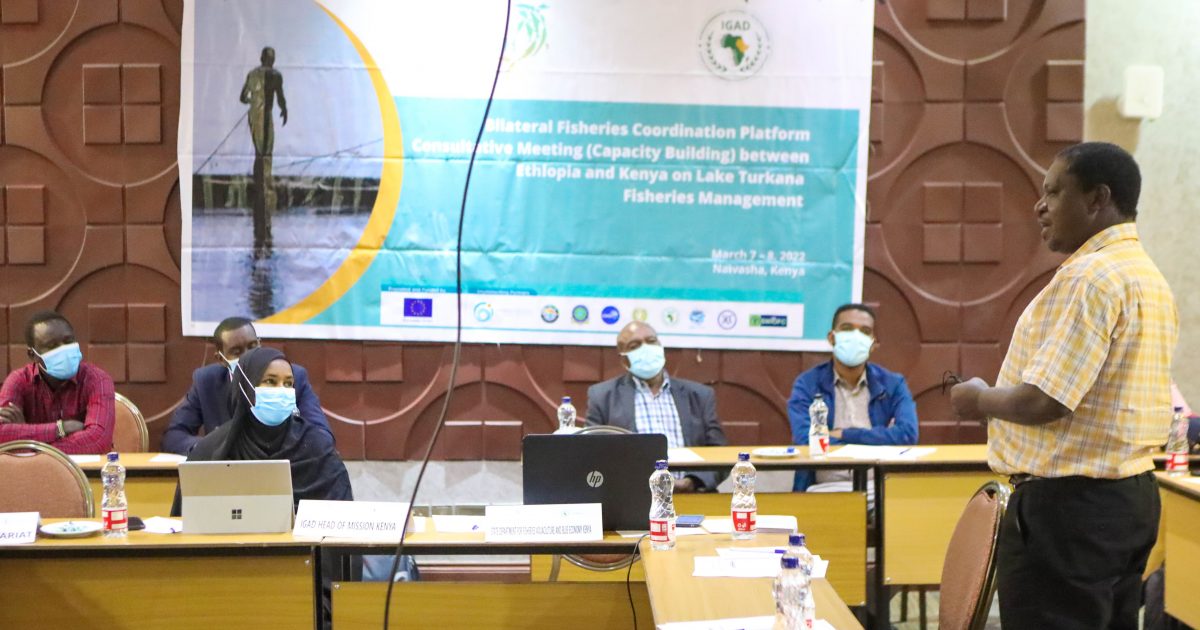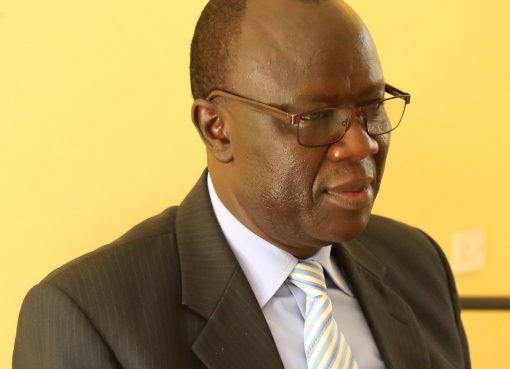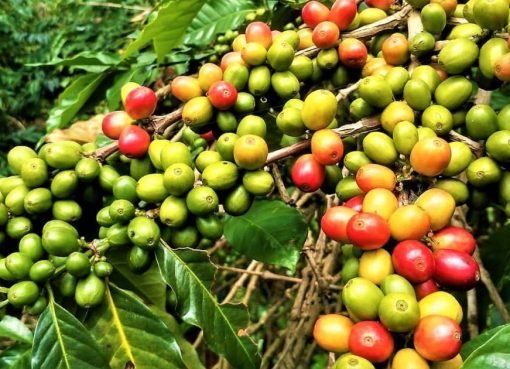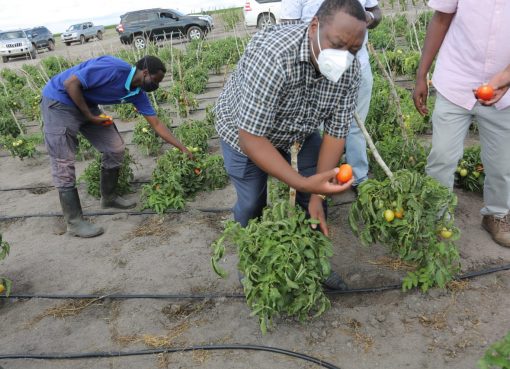The Intergovernmental Authority on Development (IGAD) is undertaking a joint bilateral fisheries project that is set to boost fish production in Lake Turkana Basin by addressing key underlying issues that inhibit full exploitation of the resources.
The three year cross-regional initiative dubbed ECOFISH aims to develop gender responsive and climate smart sustainable utilization of fisheries resources as well as enhance the capacity of the fishing community both in Kenya and Ethiopia.
Dr. Fatuma Adan, IGAD head of mission in Kenya said the authority is committed to supporting member states in creating the co-management platform that will promote better fisheries resource development, build resilience and enhance harmonized fisheries data collection in the Omo – Turkana Basin.
Through the project, Adan said the body seeks to support accurate dissemination of information on both the nutritional value of fish and the economic potential of the sector so as to support poverty alleviation, food and security policies in the communities.
Speaking during a bilateral coordination consultative meeting in Naivasha, Adan said IGAD will also seek to address the infrastructural gaps that support the fishing fraternity as well as lobby the member states to institute legislations and policies that will enhance sustainable exploitation of the resource.
According to Rodrick Kundu, the Director of Fisheries and Aquaculture in Kenya, the adoption of the co- management plan by the member states will help unlock the full potential of fisheries resources in Lake Turkana basin by promoting sustainable fisheries in the fishing community both in Kenya and Ethiopia.
Kundu called on enhanced public – private partnership efforts to upscale the much needed infrastructure that will support fish value chains and enhance market linkages for fish products from the basin to other neighboring regional blocs.
This, he said, will boost the fishing fraternity earnings as well as increase the overall contribution of the sector to individual member states’ gross domestic growth.
According to the Kundu, only 20 out 60 fish species in Lake Turkana are currently exploited with last year’s production standing at paltry 13,000 metric tons adding that they will seek to provide standardized fishing equipment and enhance capacity of fishermen to facilitate deep lake fishing activities to boost production.
Kundu was happy to note that the Kenyan government has already deployed Coast guard service officers in Lake Turkana to tame illegal fishing activities and streamline the sector and ensure sustainable economic exploitation of the water body.
With climate change posing a great threat to the sector, Kundu said IGAD will train the fishing community on ways to protect endangered fish habitats including nurseries, breeding grounds and the surrounding wetlands to ensure sustainability.
On his part, Dr. Eshete Dejen the project coordinator said the programme will at the same time train fishermen and traders on how to manage post-harvest losses estimated at 70 per cent of total catch by offering technical support to operationalize an organized market system.
Dejen added IGAD also seeks to harmonize deployment and use of standardized fishing gears, equipment and practices as well as strengthened enforcement of maritime laws and practices in both Kenya and Ethiopia.
The ECOFISH project aims to support sustainable utilization, development and management of the basin’s fisheries resources by bolstering food and nutrition security and build on local economies especially of the fishing and ASALs communities.
By Erastus Gichohi and Esther Mwangi





